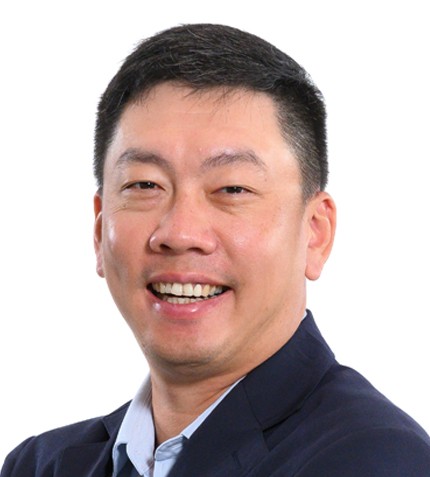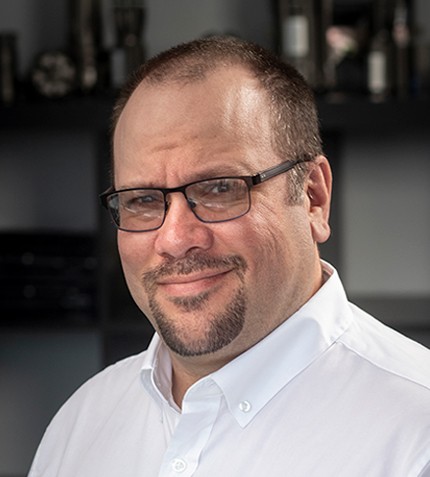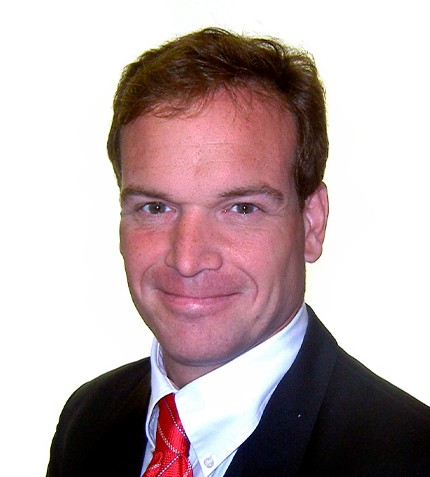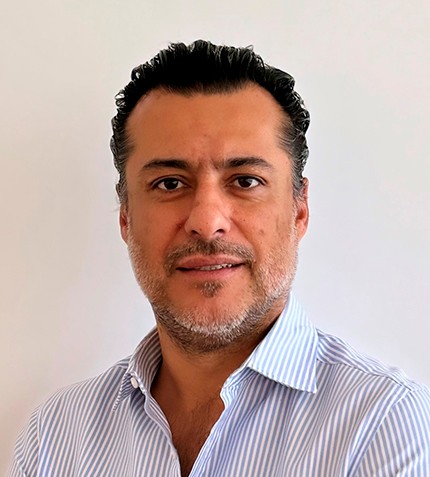
"The choice of Malaysia to host APAC Global Services allows Air Liquide to tap on the vast digital infrastructure, vibrant talent pool and English language competency that the country offers."
Kenny Teh
MANAGING DIRECTOR, AIR LIQUIDE MALAYSIA
Could you provide a brief history of Air Liquide’s evolution in Malaysia?
Notable milestones include the first air separation unit in 2009 and the acquisition of Polygas in 2016. In November 2019, Air Liquide also acquired Southern Industrial Gases or SIG, significantly enlarging our footprint and geographical density in Malaysia. Our current office accommodates the Air Liquide Malaysia (ALM) team, as well as >500 APAC Global Services employees.
Can you elaborate on Air Liquide’s market positioning and performance?
ALM is a strong performer in the Southeast Asia cluster, with significant double digit growth in the past year. Today, ALM is a strong challenger in the industrial gas market in Malaysia, with an estimated CAGR of 18% against the market average of 3.5% over the past 10 years. We have a strong presence in the industrial merchant business, complemented by a well-balanced and diversified customer base in large industries (steel, chemicals, refining), healthcare, engineering & construction, and others. One of the most dynamic industries in Malaysia is electronics.
How has the acquisition of SIG strengthened Air Liquide’s business?
The acquisition of SIG is extremely strategic for Air Liquide, for two main reasons: First, SIG allowed us to extend our national footprint. With SIG, we are now present in all major economic states in Malaysia. Secondly, SIG has a very strong local brand identity, especially amongst the SMEs, with trust in its quality services as a reliable partner, a solution provider and it has a wide product offering. By combining the strengths of Air Liquide’s technological and international acumen and SIG’s local ethos we have strengthened our competitiveness and are well positioned to support our customers as they grow in Malaysia.
Safety is a top priority for Air Liquide. Can you tell us more about your track record in this sense and the methods you have in place to optimize safety?
By the end of December 2022, ALM had accumulated 2,723 days without LTA. This remarkable achievement is the result of stringent measures and assiduous efforts. For instance, we have inculcated strict near-miss reporting as part of four KPIs for all employees, which means that anyone noticing a potential hazard, be it as small as tangled wires in the office, must report it. We also run behavioral safety visits, emergency response scenarios and mock trials, to make sure everybody is constantly prepared. We operate a large transport fleet and managing fatigue among our drivers is a key priority. To that end, we introduced a Driver Risk Profiling (DRP) system to reward the best drivers and notify high-risk drivers based on things like fatigue, continuous driving, over-speeding, distraction, harsh acceleration/braking. Air Liquide invested millions to equip our trucks with front and back sensors, cameras, and a digital monitoring system. Even when a driver looks away from the road for more than four seconds, the system get an alert.
What is the role of the APAC Global Services and why was Malaysia chosen as the base?
The APAC Global Services is equipped with a Smart Innovative Operations Centre which enables remote management of Air Liquide Large Industries production units across the region. APAC Global Services also provides business support services to Air Liquide entities across APAC. The choice of Malaysia to host these key operations allows Air Liquide to tap on the vast digital infrastructure, vibrant talent pool and English competency that the country offers.
How do you think the recent reform in energy subsidies will impact Malaysia’s competitiveness?
The electricity tariff for large industrial players grew by 41% effective January 1st, 2023. Malaysia has one of the cheapest fuels in the world, mostly thanks to high subsidies. The current prime minister is looking to reduce subsidies by targeting large energy users, but while I understand the strategy, I have concerns that this could impact on the entire economy. Over 70% of Malaysia’s energy mix comes from natural gas and coal, complemented by 20% hydro, so Malaysia has a lot of opportunities to decarbonize and move away from fossil fuels.
What is your vision for Air Liquide Malaysia?
We stay focused on our operational excellence. We will be using our four key competencies to “fight” in the market: (1) Reinforce our fundamentals (2) Enhance Industrial Competitiveness; (3) Distinct Value Proposition,; and (4) Innovation.










